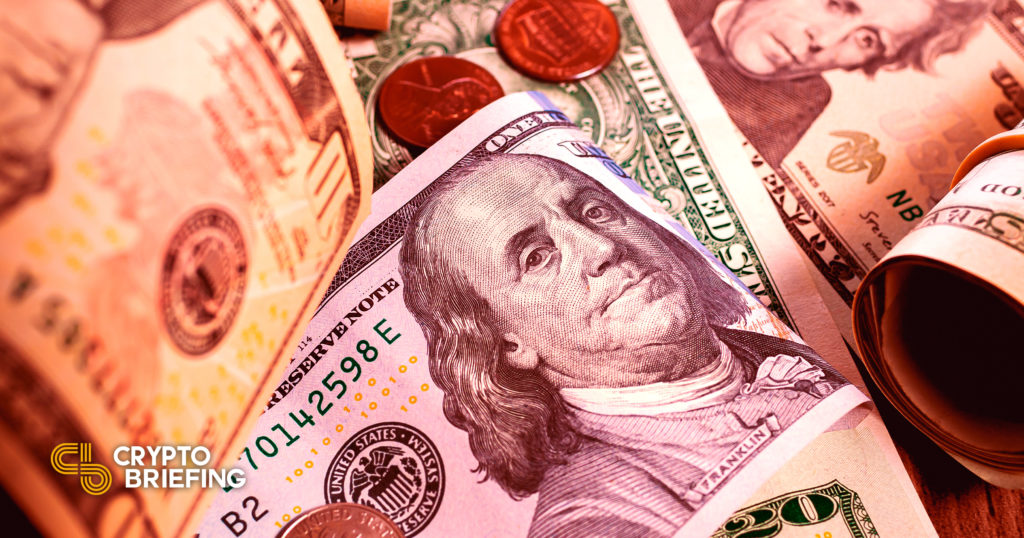
Shutterstock cover by rafastockbr
Bitcoin Rallies as U.S. Inflation Cools to 8.5%
The latest Consumer Price Index print for July has fallen below expectations of an 8.7% print, hinting that U.S. inflation may have peaked.
The decline in inflation following the four-decade record print of 9.1% in June could bode well for risk-on assets like equities and cryptocurrencies. Bitcoin and Ethereum jumped in response to the print.
Bitcoin Up on 8.5% CPI Print
U.S. inflation may have already peaked.
According to the latest Consumer Price Index data published by the U.S. Bureau of Labor Statistics today, inflation cooled to 8.5% in July, falling below economists’ expectations of an 8.7% print.
The report shows that gasoline and energy prices fell, offsetting rises in food and shelter. The gasoline and energy indexes fell by 7.7% and 4.6%, respectively, while the food and shelter indexes rose by 1.1% and 0.5% month-on-month. However, the core CPI, which strips away volatile energy and food prices, rose by 0.3% over the same period.
The latest print marks a 60 basis point month-on-month decline against June’s four-decade record print of 9.1%, hinting that inflation may have peaked. The Federal Reserve has committed to tackling rising prices with four consecutive interest rate hikes over recent months, targeting a 2% CPI. Though the current numbers are still far off the Fed’s target, last month’s slowdown could stir the market’s hopes for a potential monetary policy reversal from the U.S. central bank further down the line.
Considering the Fed’s explicit mandate of ensuring maximum employment and price stability, last Friday’s positive jobs report from the bureau—which put the U.S. unemployment rate at a low 3.5%—and the decline in inflation hint that the central bank could potentially afford a less aggressive tightening policy moving forward and ensure a “soft landing.”
This means that the Fed could employ less drastic measures to bring inflation down to its targeted 2% rate and avoid causing a deep economic recession or depression. Since the market tends to be forward-looking, it could soon begin pricing in a potential dovish U-turn from the Fed by switching from risk-off to risk-on. Such a scenario has historically fared best for the assets furthest down the risk curve, such as equities and cryptocurrencies.
Everything considered, significant risks of a prolonged bear market remain. The European energy crisis is persisting and is expected to worsen over the upcoming winter. Potential gas cutoffs from Russia could plunge some Russian energy-dependent European countries into deep economic crises, leaving their citizens with little money for discretionary spending like investing in stocks or crypto. Such a scenario would also put the European Central Bank in a tight spot, as surging energy prices would worsen inflation. If the ECB responds to rising prices by hiking interest rate hikes, that could send Europe into a recession.
Bitcoin and Ethereum both jumped immediately as the CPI data dropped. According to CoinGecko data, Bitcoin topped $23,780 and Ethereum rose to $1,780, putting the global cryptocurrency market capitalization at around $1.17 trillion. The market topped $3 trillion in November 2021, meaning it’s still about 61% short of its peak.
This story is developing and will be updated as further details emerge.
Disclosure: At the time of writing, the author of this article owned ETH and several other cryptocurrencies.
